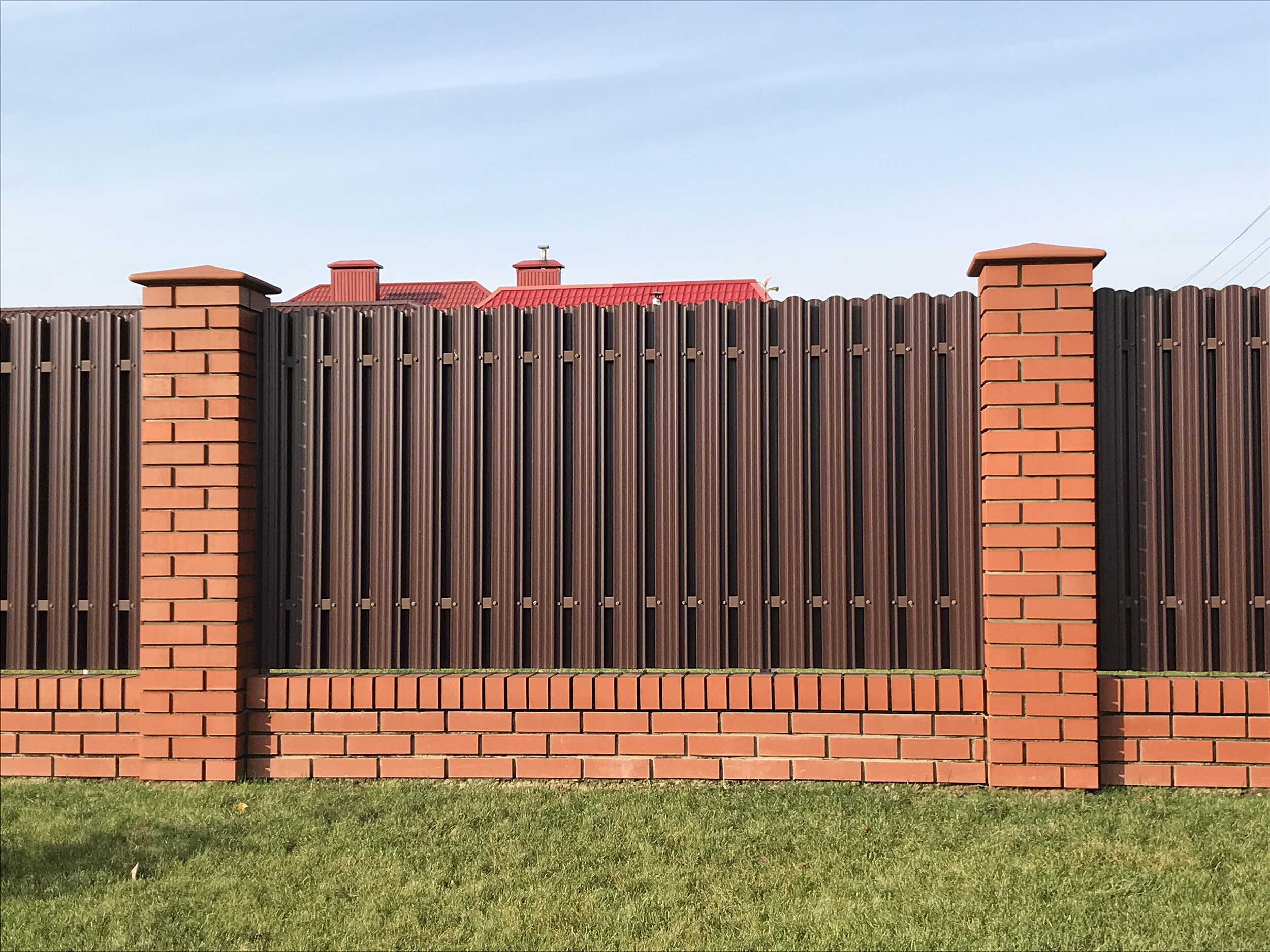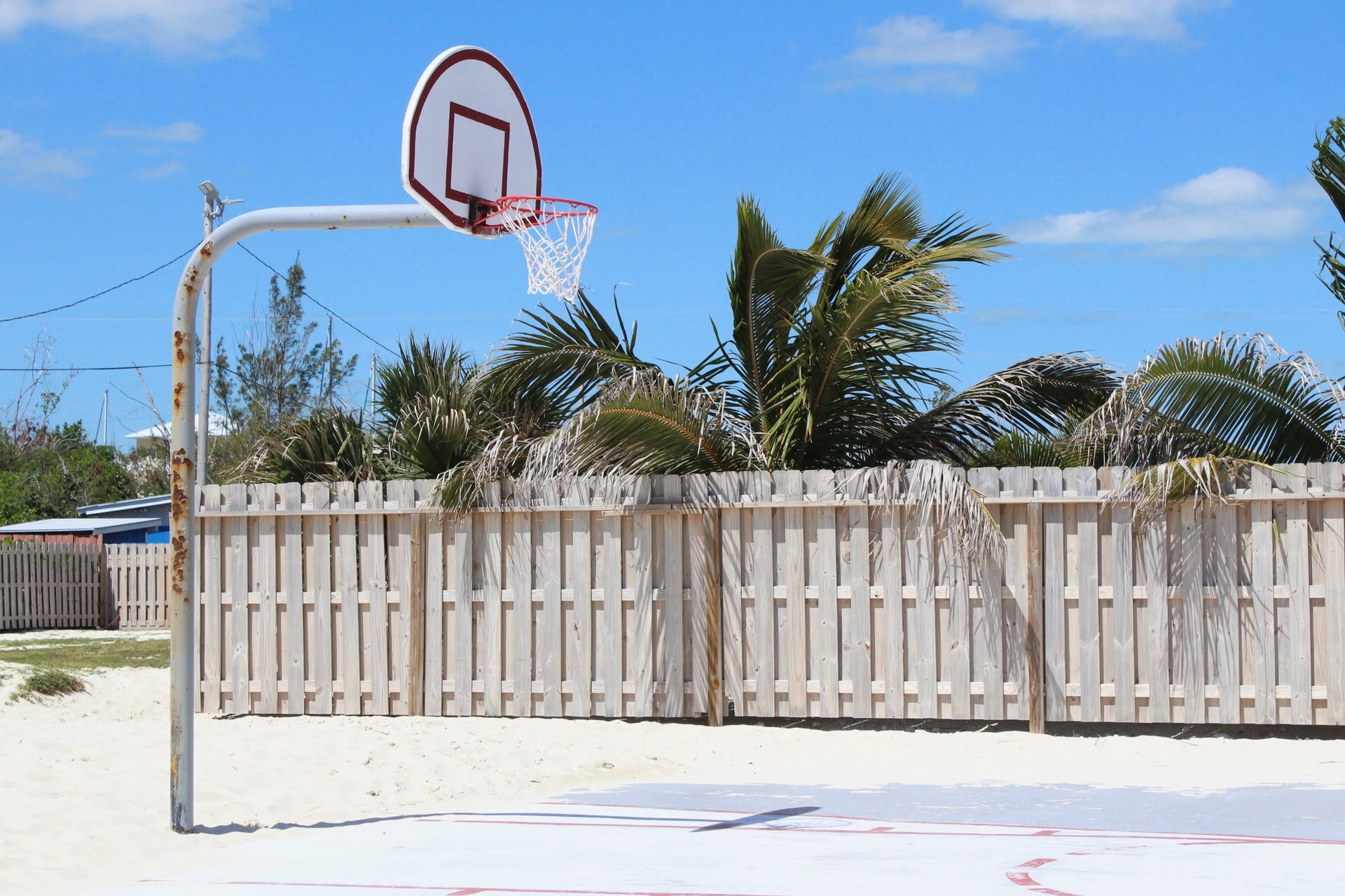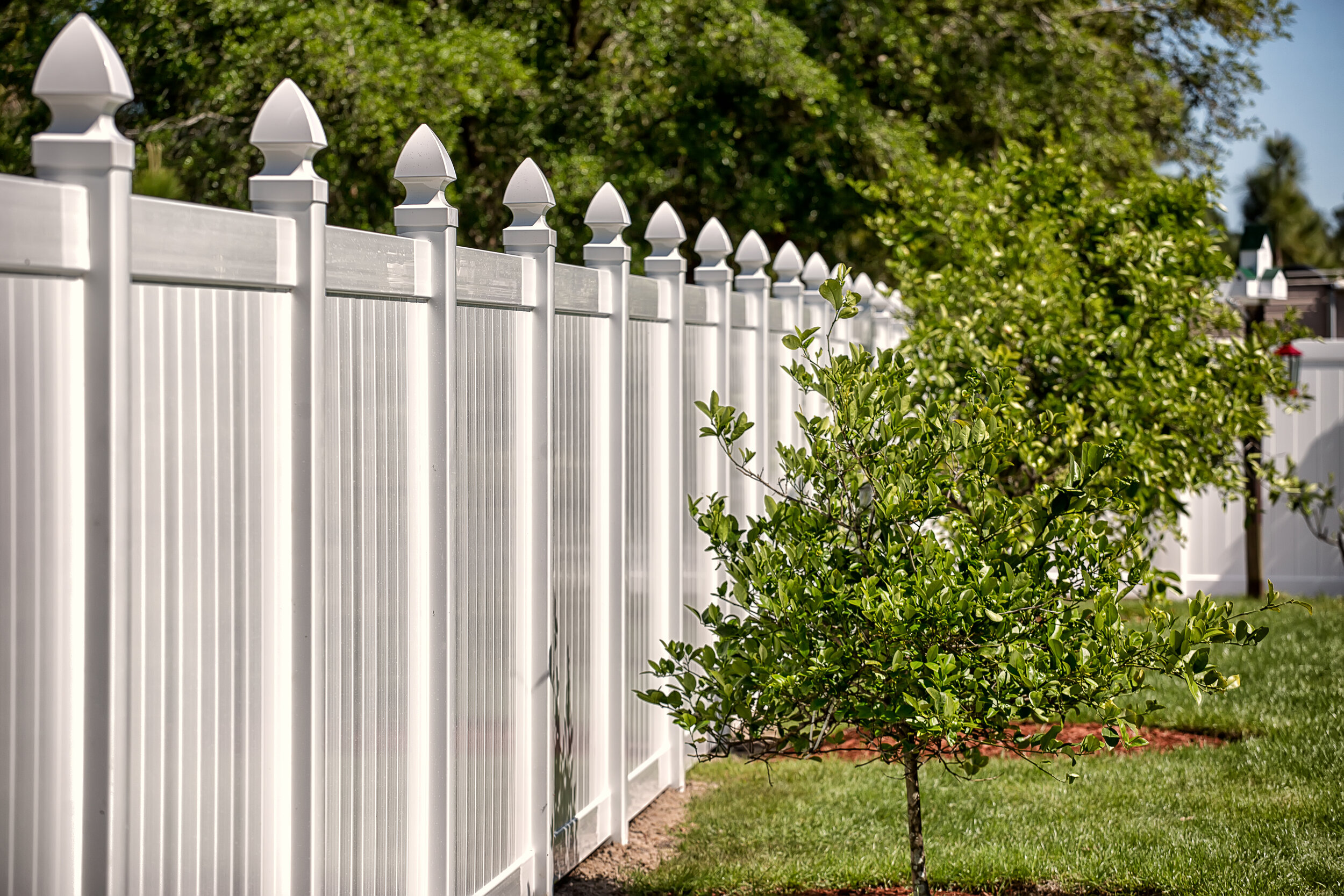What is a Privacy Fence? All Your Questions, Answered
/PRIVACY FENCE
DISCLAIMER: AS AN AMAZON ASSOCIATE I EARN FROM QUALIFYING PURCHASES. THERE ARE AFFILIATE LINKS IN THIS POST. THIS MEANS THAT AT NO COST TO YOU, I WILL RECEIVE A COMMISSION IF YOU PURCHASE THROUGH MY LINK. I WILL ONLY EVER PROMOTE THE PRODUCTS AND SERVICES THAT I TRUST AND 100% RECOMMEND. YOU MAY READ MY FULL DISCLOSURE POLICY FOR MORE INFORMATION. THANK YOU FOR SUPPORTING MY BUSINESS IN THIS WAY.
A privacy fence is usually between 4-6 feet in height. It’s generally made with solid boards that completely span the gap between each post. When the fence is finished, it’s impossible to see through to the other side — hence the name.
Some privacy fences feature a more open, decorative design at the top. This style allows light to still come through the fence without compromising the homeowner’s solitude.
Why Install a Privacy Fence?
Installing a privacy fence has a number of benefits.
Privacy
One of the greatest benefits is right there in the name. Thanks to its height and the lack of gaps between the rails, a privacy fence will completely protect your yard from stray pets or peering neighbors.
A privacy fence can make your backyard feel like an isolated oasis, even if you live in close quarters to your neighbors. This can be especially beneficial for homeowners who live in the city or have a small yard.
See also: The Picket Fence: Expectations vs Reality
Safety
Having a privacy fence is an excellent way to improve your safety. Because it’s nearly impossible to get over the fence, it can hinder robbery or home break-ins. It can act as a guard if you have an aggressive pet, or simply protect a garden or plants from wandering animals.
A privacy fence can also protect pets and children if you live near a busy street.
Do you have a swimming pool in your yard? If so, you may be required to have a privacy fence — or at least, a higher-than-usual fence — depending on your state and local regulations.
Lower Insurance Premiums
While this is not the case for everyone, many insurance carriers offer lower rates for homes with privacy fences. You may be able to get your premiums lowered simply because a privacy fence increases the security of your property.
Make sure to check with your insurance company before making a decision based on this factor.
Weather protection
A solid privacy fence can protect your house and landscaping from extreme weather. The height of the fence acts as an effective windbreaker.
What Does a Privacy Fence Cost?
According to Angie’s List, a privacy fence can cost anywhere from $1,600-$4,000, although the cost will usually fall somewhere between $2,400-$2,800. These are averages and the final cost will obviously be determined by the overall size and complexity.
Also, the cost will generally fluctuate depending on the material that you choose. Realtor.com reported that vinyl fencing generally costs between $15-17 per linear foot. Wood fences cost around $9-12 per linear foot.
Some features of your yard will affect the total price of installation, such as if your property has any hilly areas or if the fence will cut through landscaping.
Will a Privacy Fence Block Noise?
A privacy fence is one of the best types of fence configuration for reducing outside noises. If your sole purpose for installing a privacy fence is to block noise, you’ll want to take a few preparatory steps to make sure that your fence is as soundproof as possible.
First, make sure that your fence will not have any gaps or spaces between the panels. Build your fence as high as possible. A higher fence will block more noise.
If you have a wooden fence, consider adding a soundproofing material to it, such as mass-loaded vinyl. The material should be added onto the fence panels during installation.
If you live near an exceptionally busy road or a nearby school, you may consider going a step further and planting some shrubs, bushes, and trees in your yard. Plants with a lot of mass will help to block sound. Consider going with evergreen trees for a sound blocker in all four seasons.
Will homeowner’s insurance cover a privacy fence?
According to popular insurance provider Allstate, homeowners insurance will generally cover damage to your fence. However, the insurance company will look at the cause of the damage. If your fence is broken during a hazardous event such as a storm or a fallen tree, insurance will usually cover this cost. It will also generally cover damage that takes place during a home break-in or other types of vandalism.
Many policies will not cover events such as floods or earthquakes, as these require separate policy coverage. Most policies will not cover routine damage, such as a lawnmower scraping the fence, or damage that occurs because of a lack of maintenance, such as rotting wood or peeled paint.
Depending on the circumstances, your company may try to recover costs from a third party. For example, if your neighbor’s tree falls onto your fence, or if a driver dents your fence while they are trying to park, your company will likely file a claim against your neighbor’s or the driver’s insurance policies.
Even if your company does cover your privacy fence, there may be a limit as to the dollar amount that they will cover. Check with your insurance provider for the details of your specific policy.
Will a Privacy Fence Increase My Home’s Value?
Fences are a highly individual preference. But when correctly installed and maintained, they can increase the value of your home. Other factors that will influence this includes the materials used, location of your home, type of neighborhood, and design of your fence.
For example, installing an electric fence or a barbed wire fence will save you a lot of money up-front. But neither will have a good return on investment because they lack a desirable aesthetic.
A privacy fence — whether vinyl or wood — is a classic fence style that is highly desirable in many locations. Vinyl fences require little maintenance and look great over time, making them a valuable add-on to a home. However, a wood fence is a classic look that can make your home more attractive to potential buyers.
If you’re thinking of adding a fence just before you sell, you’re better off to wait and let the next buyer make that decision themselves. A fence can be an expensive investment, and it’s not for everyone.
If you already have a fence, you should definitely invest the resources to fix it up before you sell. Replace any rotted wood and repair areas where the fence is chipped or broken. This will ensure that you get the most value in return for your privacy fence investment.
Brandon Hubbard, AIA, NCARB, LEED AP BD+C






